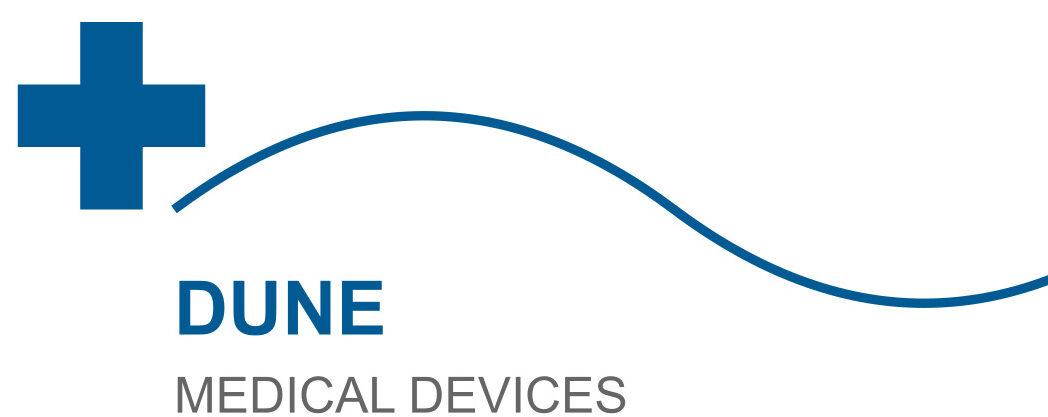Do I Need a License to Sell Medical Equipment Online? Legal Requirements Explained
Are you looking to tap into the booming medical equipment market but unsure about the legal requirements? Selling medical devices online can be a highly profitable venture, but navigating the regulatory landscape is crucial for success. In this guide, we’ll break down everything you need to know about obtaining a medical equipment license, complying with regulations, and setting up a thriving e-commerce business in this lucrative industry.
Understanding Medical Device Regulations
Before you start selling medical equipment online, it’s essential to understand how these products are classified and regulated. The requirements vary significantly depending on the type of device you plan to sell.
FDA Medical Device Classifications
The U.S. Food and Drug Administration (FDA) categorizes medical devices into three classes based on risk:
| Device Class | Risk Level | Examples | Regulatory Requirements |
|---|---|---|---|
| Class I | Low | Bandages, examination gloves | General controls |
| Class II | Moderate | Blood pressure cuffs, pregnancy tests | General controls + special controls |
| Class III | High | Pacemakers, heart valves | Premarket approval |
State-Level Licensing Requirements
In addition to federal regulations, most states require specific licenses to sell medical devices:
- Wholesale Distributor License: Required in most states for businesses distributing medical devices
- Medical Device Retailer License: Needed in some states for direct-to-consumer sales
- Specialty Licenses: Required for certain high-risk devices like durable medical equipment (DME)
For expert guidance on navigating these requirements, contact our regulatory specialists today.
Steps to Legally Sell Medical Equipment Online
Follow this step-by-step process to establish your compliant medical equipment e-commerce business:
1. Determine Your Device Classification
Identify which FDA class your products fall under using the FDA’s classification database. This will dictate your regulatory pathway.
2. Register Your Business with the FDA
All medical device manufacturers, distributors, and importers must register with the FDA annually. The registration fee for 2023 is $6,493.
3. Obtain State Licenses
Research requirements in each state where you’ll do business. Many states participate in the NABP DME accreditation program for streamlined licensing.
4. Set Up Quality Systems
Implement Quality System Regulations (QSR) that meet FDA requirements for documentation, complaint handling, and corrective actions.
Choosing the Right E-Commerce Platform
Not all online marketplaces are equally suited for medical device sales. Consider these factors when selecting your platform:
| Platform | Medical Device Policy | Pros | Cons |
|---|---|---|---|
| Amazon Business | Restricted categories | Large customer base, fulfillment options | Strict approval process |
| Shopify | Allowed with proper documentation | Full control, customizable | Need to drive own traffic |
| eBay | Limited to certain devices | Easy setup | High competition |
Building Your Own Medical E-Commerce Site
For maximum control and profitability, consider creating your own specialized medical equipment store. Our team can help you select the right products and set up a compliant online store.
Common Pitfalls to Avoid
Many new medical equipment sellers make these costly mistakes:
- Non-compliant product claims: Avoid making unauthorized therapeutic claims about your devices
- Inadequate documentation: Maintain proper records for all devices (UDI, lot numbers, etc.)
- Ignoring state requirements: Some states have unique regulations beyond federal rules
- Poor quality control: Implement robust systems to prevent selling counterfeit or substandard devices
Why This Is a Lucrative Opportunity
The global medical equipment market is projected to reach $612 billion by 2027, growing at 5.4% CAGR. By properly navigating the licensing process now, you position yourself to:
- Tap into recurring revenue streams from medical practices and facilities
- Benefit from growing telemedicine and home healthcare trends
- Establish valuable long-term relationships in the healthcare sector
- Build an asset that can be sold for significant multiples
Don’t let regulatory concerns hold you back from this wealth-building opportunity. Contact us today to learn how we can help you launch your compliant medical equipment business.
Conclusion: Your Path to Medical Equipment Success
Obtaining the proper medical equipment license is your ticket to entering this high-growth industry. While the regulatory process may seem daunting initially, following the proper steps will set you up for long-term success in selling medical devices online. Remember:
- Proper classification is the foundation of compliance
- Both federal and state requirements must be met
- Choosing the right e-commerce platform impacts your scalability
- Quality systems protect your business and customers
Ready to start your journey in this lucrative field? Visit our shop to explore profitable medical equipment opportunities and get started today.
Frequently Asked Questions
Do I need a license to sell Class I medical devices?
Yes, while Class I devices have the least regulatory requirements, you still need to register your establishment with the FDA and may need state licenses depending on your location and distribution model.
How much does a medical equipment license cost?
Costs vary by state and device class. FDA registration fees are $6,493 annually, while state licenses typically range from $100-$500 per state. Some states require additional surety bonds.
Can I sell medical equipment from home?
Yes, many successful medical equipment businesses start from home. However, you must still meet all regulatory requirements and may need to comply with local zoning laws for business operations.
How long does it take to get licensed?
FDA registration can be completed in 1-2 days, but state licenses may take 4-8 weeks for processing. Plan for 2-3 months total for all required licenses before launching your business.
What’s the most profitable medical equipment to sell online?
Home healthcare devices (like mobility aids and monitoring equipment) and consumables (like PPE and diagnostic tests) offer excellent margins with recurring revenue potential. Explore our top-selling items for proven winners.
